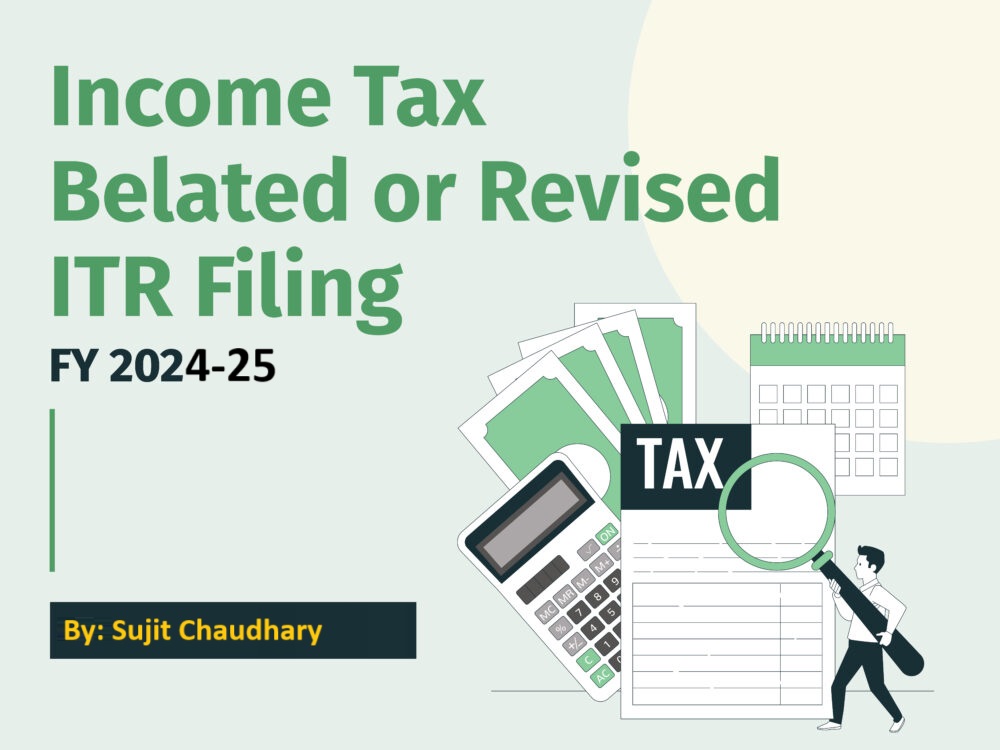The Central Board of Direct Taxes (CBDT) is the apex statutory body under the Department of Revenue, Ministry of Finance, Government of India. It is responsible for administering direct taxes in India, including Income Tax, Corporate Tax, and other related legislations.
Functions of CBDT:
- Policy Formulation: Develops policies related to direct taxes.
- Tax Administration: Ensures smooth implementation of tax laws.
- Grievance Redressal: Addresses taxpayers’ concerns and complaints.
- Tax Compliance Monitoring: Tracks and enforces compliance among taxpayers.
- International Taxation: Handles issues related to double taxation agreements and global taxation policies.
Taxpayer Reliefs Provided by CBDT
CBDT introduces various measures and reforms to provide relief to taxpayers, simplify tax procedures, and promote compliance. Here are the key reliefs extended to taxpayers:
- Extensions in Filing Deadlines
To ease compliance during challenging times (e.g., the COVID-19 pandemic), CBDT often extends deadlines for filing Income Tax Returns (ITRs) and tax audits.
- Tax Amnesty Schemes
Programs like the Vivad Se Vishwas Scheme aim to resolve pending disputes by allowing taxpayers to settle their tax liabilities without facing penalties or interest.
- Reduction in TDS and TCS Rates
CBDT reduces Tax Deducted at Source (TDS) and Tax Collected at Source (TCS) rates to increase liquidity in the economy. For example, during the pandemic, TDS rates were slashed by 25% for non-salaried payments.
- Standard Deduction and Exemptions
CBDT revises standard deductions and exemptions to provide relief to salaried employees and pensioners. For instance, the standard deduction for salaried taxpayers has been raised in recent budgets to reduce taxable income.
- Simplified Compliance Procedures
CBDT has launched initiatives like:
E-filing portal: For seamless submission of ITRs.
Faceless Assessment Scheme: Reduces human interaction, ensuring transparency and reducing harassment.
Pre-filled ITR Forms: Simplifies tax filing by providing pre-populated data on income and deductions.
- Relief on Interest and Penalties
Taxpayers facing financial difficulties can request relief on interest and penalties under Section 119(2)(b) of the Income Tax Act.
- Tax Rebate and Exemptions
Section 87A Rebate: Taxpayers with income up to ₹7,00,000 can avail of a rebate of ₹25,000 under the new tax regime, making their tax liability zero.
Section 80C Deductions: Offers tax-saving benefits on investments up to ₹1,50,000 annually.
- Grievance Redressal Mechanism
E-Nivaran: A digital platform for taxpayers to lodge complaints and track resolution.
Taxpayers’ Charter: Establishes rights and responsibilities, ensuring fairness and transparency in tax administration.
Conclusion
The CBDT plays a crucial role in ensuring efficient tax administration and introducing taxpayer-friendly initiatives. By offering tax reliefs, simplifying compliance, and promoting transparency, CBDT not only aids individuals and businesses but also strengthens the country’s economic framework. Understanding these provisions helps taxpayers optimize their tax liabilities and stay compliant with regulations.



